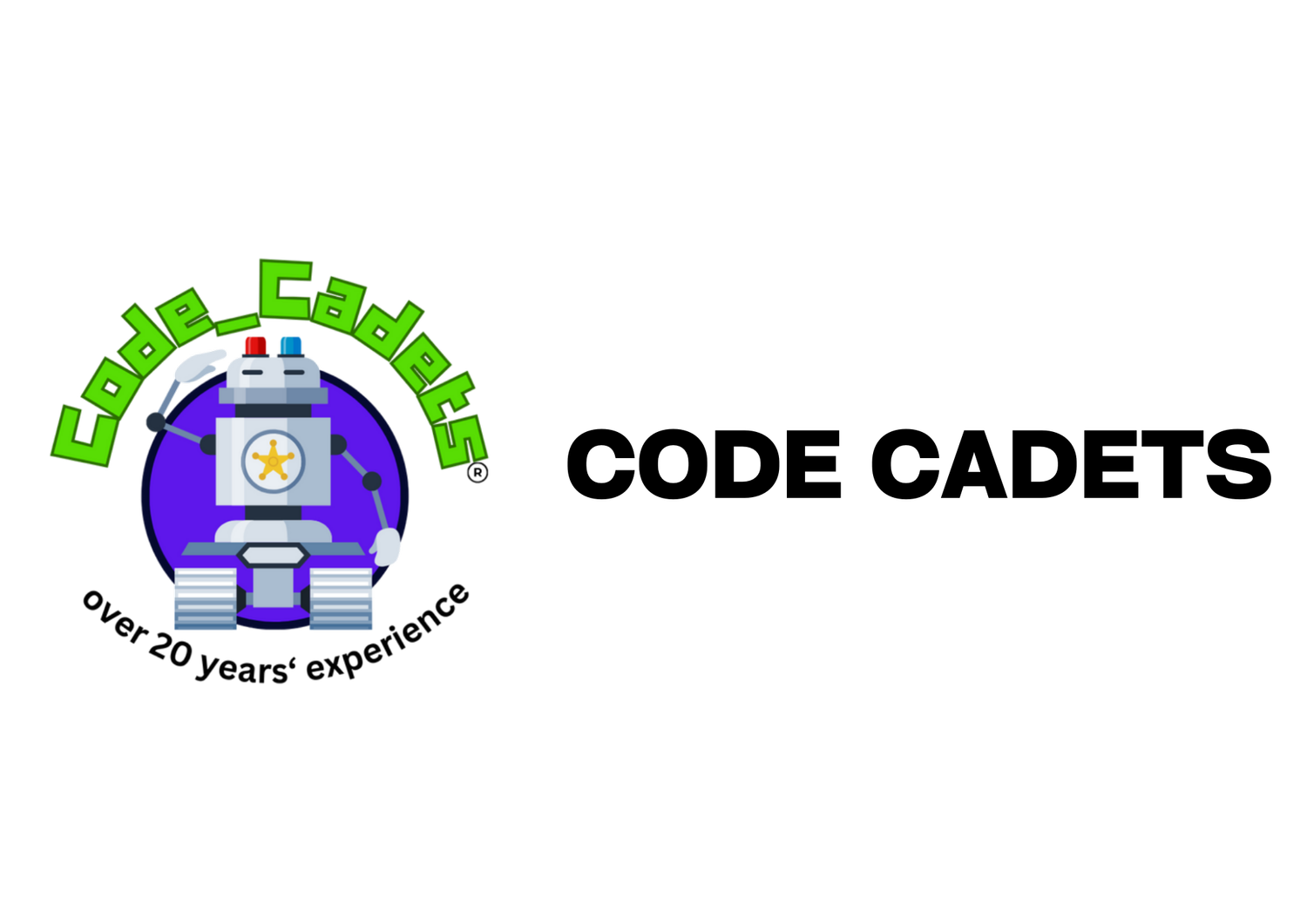LEGO
BRICQ MOTION ESSENTIAL KIT
BUILD INSTRUCTIONS AND ACTIVITIES
2
TASK 5
DOG OBSTACLE COURSE
forces, motion, push, pull
I AM LEARNING ALL ABOUT:
FORCES: push, pull and motion
A force is an action that causes an object to move, slow down, speed up, or stay in place.
Force causes motion. Motion is a change in speed or direction.
Push is a force that moves an object away from the source of the force, eg kicking a ball, pushing a trolley, closing a door.
Pull is a force that moves an object closer, eg opening a door, climbing up a rope.
YOUR TASK
Build an obstacle course for dogs.
Build some of the models that you see in the picture or make your own. There are no specific build instructions for this activity.
Run dog, run!
Line up your obstacles.
Run your dog through the obstacles.
TASK 6
GET UP AND DANCE!
GEARS
I AM LEARNING ALL ABOUT:
FORCES: push, pull, motion and gears
A force is an action that causes an object to move, slow down, speed up, or stay in place.
Force causes motion. Motion is a change in speed or direction.
Push is a force that moves an object away from the source of the force, eg kicking a ball, pushing a trolley, closing a door. Pushing an object can change the speed or direction of its motion, and start or stop its movement. Objects push on one another when they touch and that this can change their motion
Pull is a force that moves an object closer, eg opening a door, climbing up a rope.
Gears are mechanical parts that transfer force and speed by interlocking their teeth with other gears or belts. They can be used to increase force, increase speed, or change direction. Gears of different sizes push each other, which makes them move faster or slower
What do gears look like? (e.g. round, with lots of teeth around the edge)
How do they start turning? (e.g. with force, such as a push)
Which ways can they turn? (e.g. clockwise, anticlockwise, this way, that way or around)
YOUR TASK
Build a dance competition platform using gears to get your dancers moving.
Let’s play freeze dance. Play the ‘freeze dance’ game and test to see how the gears move.
Push the purple gear to start the dance.
Stop the dance when the music stops.
Try spinning the gears in different directions.
How can you make the gears turn faster or slower?
TASK 7
ICE HOCKEY PRACTICE
push, pull, STRENGTH
I AM LEARNING ALL ABOUT:
Push - a force that moves an object away from the source of the force, eg kicking a ball, pushing a trolley, closing a door.
Pull - a force that moves an object closer, eg opening a door, climbing up a rope.
Strength - is how much power you have to push or pull something. When you push a toy car and make it go far, you’re using strength to push it. When you pull open a heavy door, you’re using strength to pull it. Some things are easy to push or pull, and some things need a lot of strength!
The effects of different strengths of push and pull forces on the motion of an object.
YOUR TASK
Game on! Build an ice hockey match!
Place your models on a smooth surface about 1 foot apart.
How does each model use a push or pull force?
Take turns making shots as the player with different strengths.
Take turns blocking shots as the goalie.
Take shots with a slow, medium, and fast push force.
Record 1 point each time you score a goal!
Can you think of a way to improve the game?
TASK 8
TIGHTROPE WALKER
GRAVITY, BALANCE
I AM LEARNING ALL ABOUT:
The force of gravity and how to use it to balance a tightrope walker
A force is an action that causes an object to move, slow down, speed up, or stay in place.
Gravity is a force that pulls everything down to the ground.
What is tightrope walking? The skill of walking along a thin wire or rope.
What skill does a tightrope walker need in order to make sure that they do not fall? Good balance.
What is it that keeps a tightrope walker ‘up’ on the tightrope? As long as they stay balanced on top of the rope, the rope pushes up on the walker’s feet to keep them from falling off.
YOUR TASK
Build a tightrope and help the tightrope walker keep her centre of gravity so that she does not fall.
Now take turns testing the tightrope walker's centre of gravity. Slide the weighted bricks along the balance pole or add or remove bricks to either side of the pole to make the walker balanced or unbalanced.






